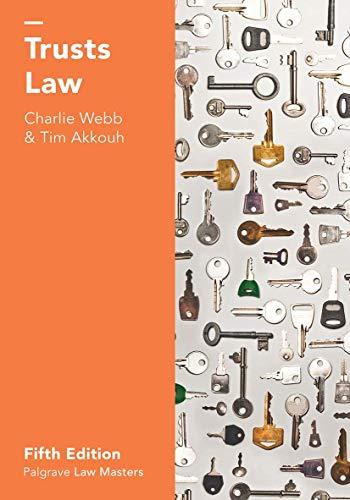Question
RT Restaurant, a nationwide chain, was sued in federal court by a former female server for sexual harassment under federal law. Mid-way through discovery, the
RT Restaurant, a nationwide chain, was sued in federal court by a former female server for sexual harassment under federal law. Mid-way through discovery, the court set a pre-trial conference for purposes of exploring settlement, as provided by Rule 16(a)(5). In its scheduling order for the conference, the court ordered the restaurant to bring a company representative with ultimate authority to settle the case. On the day of the conference, the restaurant's attorney brought a senior vice president. After meeting with both sides, the court strongly encouraged the restaurant to consider settling immediately. The senior vice president replied, "I don't have the authority to consider that, only the CEO does." When the court asked to get the CEO on the phone, the restaurant's attorney responded that the CEO was out of the country and unreachable. The court then issued an order barring the restaurant from presenting evidence on its affirmative defense at trial.
Which of the following is an accurate statement about this sanction?
(A)
The court exceeded its Rule 16 authority, because it cannot require any particular party representative to be available for a settlement conference.
(B)
The court exceeded its Rule 16 authority, because barring an affirmative defense is not a permissible sanction under that rule.
(C)
The court's sanction barring RT's affirmative defense is both permissible and required.
(D)
The court's sanction barring RT's affirmative defense is permissible but just one option within the court's discretion.
Step by Step Solution
There are 3 Steps involved in it
Step: 1

Get Instant Access to Expert-Tailored Solutions
See step-by-step solutions with expert insights and AI powered tools for academic success
Step: 2

Step: 3

Ace Your Homework with AI
Get the answers you need in no time with our AI-driven, step-by-step assistance
Get Started


